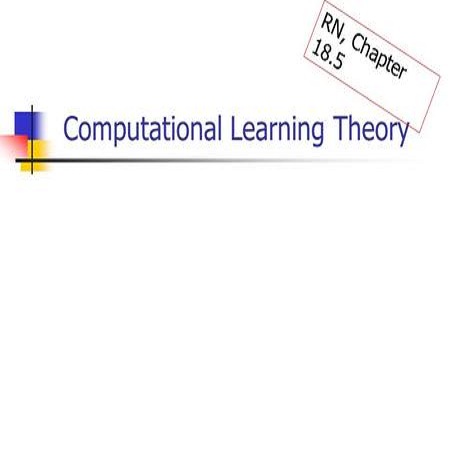Biased human decisions have consequential impacts across various domains, yielding unfair treatment of individuals and resulting in suboptimal outcomes for organizations and society. In recognition of this fact, organizations regularly design and deploy interventions aimed at mitigating these biases. However, measuring human decision biases remains an important but elusive task. Organizations are frequently concerned with mistaken decisions disproportionately affecting one group. In practice, however, this is typically not possible to assess due to the scarcity of a gold standard: a label that indicates what the correct decision would have been. In this work, we propose a machine learning-based framework to assess bias in human-generated decisions when gold standard labels are scarce. We provide theoretical guarantees and empirical evidence demonstrating the superiority of our method over existing alternatives. This proposed methodology establishes a foundation for transparency in human decision-making, carrying substantial implications for managerial duties, and offering potential for alleviating algorithmic biases when human decisions are used as labels to train algorithms.
翻译:暂无翻译




